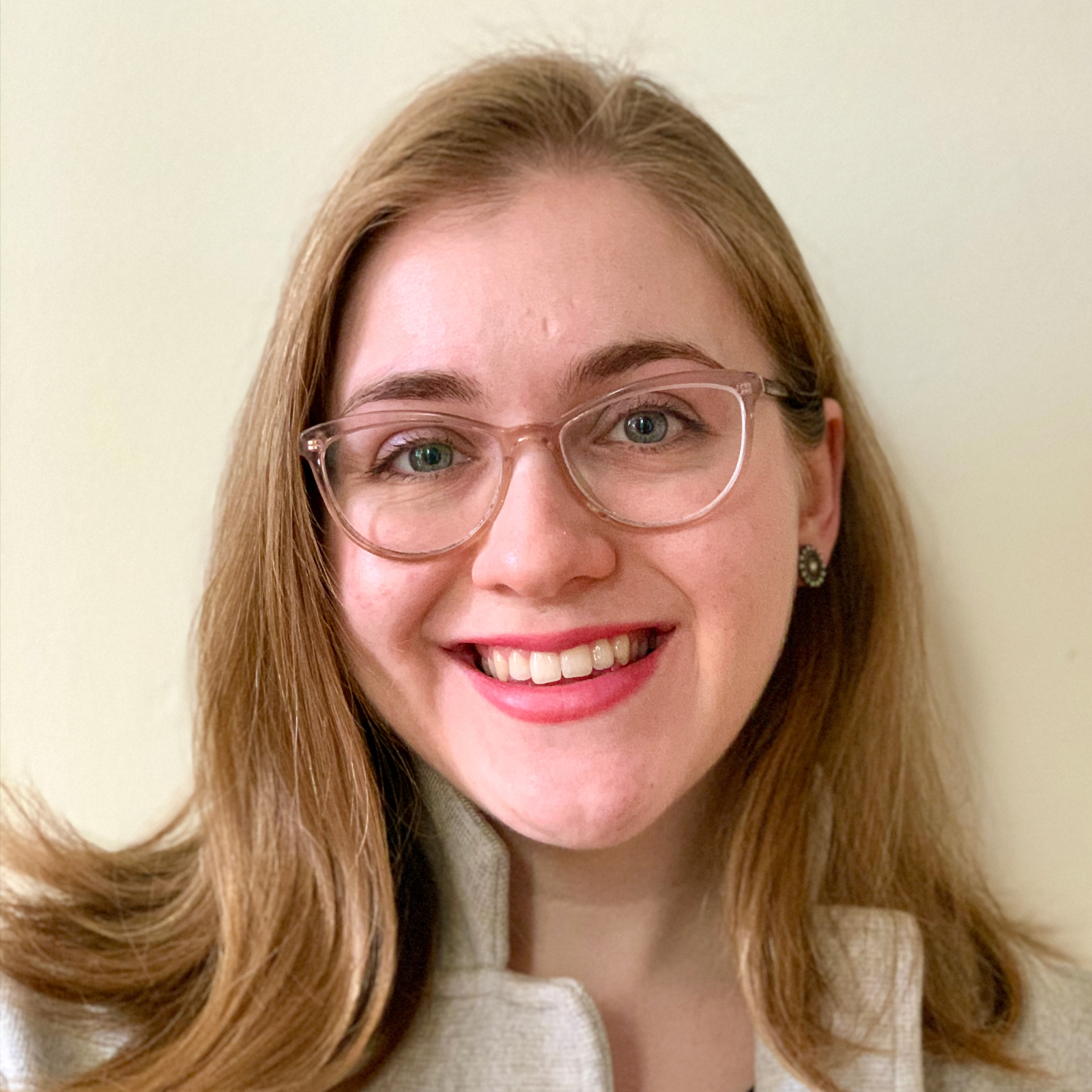Funding Opportunities
Division 49 Group Psychotherapy Grant
The APF Division 49 Group Psychotherapy Grant supports innovative group psychotherapy research applied to small groups in a naturalistic setting. In addition to the grant funds, the awardee receives a three-year membership to Division 49.
The Division 49 Group Psychotherapy Grant supports innovative group psychotherapy research applied to small groups in a naturalistic setting. This grant focuses primarily on groups in a therapeutic context. Issues such as effectiveness of different approaches to group therapy would fall under this area. Although this will often involve studies of group psychotherapy, it may also include other groups with health implications (e.g., support groups for smoking cessation, weight loss, etc.). Samples of topics appropriate for the group psychotherapy award include (but are not limited to):
- efficacy of group therapy for specific disorders
- impact of member individual differences, including gender, personality, prior duration of disorder, or comorbidity, on effectiveness of group therapy
- relative efficacy of different modes of therapy (e.g., comparing group to individual) or different communication styles (e.g., use of referential language) within or across disorders
- the role of group climate in the effectiveness of group therapy
More information on Division 49 (Society of Group Psychology and Group Psychotherapy)
Eligibility
APF encourages applicants from diverse backgrounds with respect to age, race, color, religion, creed, nationality, ability, sexual orientation, gender, and geography.
Applicants must:
- be affiliated with nonprofit charitable, educational, and scientific institutions, or governmental entities operating exclusively for charitable and educational purposes
- have a demonstrated knowledge of group psychology and/or group psychotherapy principles
Preference will be given to early career psychologists (10 years or fewer postdoctoral) and to proposals which integrate group psychotherapy into the proposed research.
Application Instructions
Application Materials:
- project proposal
- project timeline
- detailed budget and justification
- CV
Evaluation Criteria
Applications will be evaluated on:
- conformance with the stated program goals
- quality, viability, and potential impact of the proposed project
- originality, innovation, and contribution to the field
- applicant’s demonstrated competence and capability to execute the proposed work
- allocation of resources and criticality of funding for execution of work (particularly if part of a larger funded effort)
For detailed application instructions including formatting and content, please create or log into your GivingData account and review the comprehensive application instructions in the portal. If you still need assistance after reviewing the portal, please contact APF Programs at programs@ampsychfdn.org.
Please be advised that APF does not provide feedback to applicants on their proposals.
Please review our Program FAQs for important details on the application process.

Recent Recipient
Dr. Olivia J. Derella
Montefiore Medical Center/Albert Einstein College of Medicine
“Adapting the Connecting and Reflecting Experience Parenting Group for a Postpartum Clinical Cohort”
Past Recipients
2023
Dr. Olivia J. Derella, Montefiore Medical Center/Albert Einstein College of Medicine
“Adapting the Connecting and Reflecting Experience Parenting Group for a Postpartum Clinical Cohort”
2022
Jennifer Schneider, PhD, VA New York Harbor Healthcare System
“Healing Relationships Impacted by Trauma: A Couple Group Therapy”
2021
Deborah Pollack, PhD, Utica College
Jared K. O’Garro-Moore, PhD, Columbia University
2020
James Beauchemin, PhD, Boise State University
Della Mosley, PhD, University of Florida
2019
James Deller Jr., University of Texas at San Antonio
Michelle Louise Miller, PhD, Rush University Medical Center
2018
Anahi Collado, PhD, University of Maryland
Brittany Mathes, Florida State University
2017
Rachel Hodgins, PhD, Tavistock and Portman NHS Foundation Trust
Noelle Lefforge, PhD, University of Nevada, Las Vegas
2016
Dennis Martin Kivlighan III, PhD, University of Iowa
Salome Vanwoerden, University of Houston
Joe Miles, PhD, University of Tennessee—Knoxville
